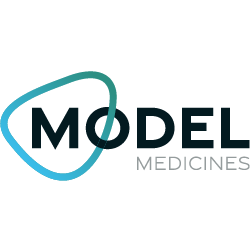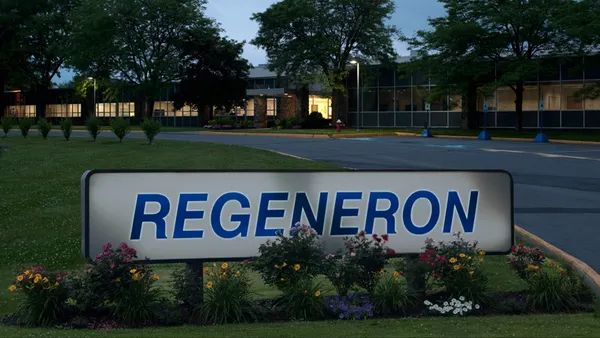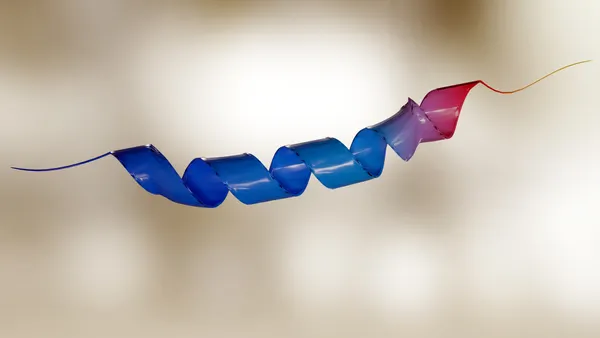Dive Brief:
- Shares in Summit Therapeutics plunged more than 80% in value Wednesday after the company announced to the Duchenne muscular dystrophy community that its drug for the muscle-wasting disease doesn't work, and that it will abandon further development.
- Ezutromid failed to "provide benefits to patients" in the PhaseOut DMD trial. The Phase 2 trial included 40 patients, and 38 of them completed 48 weeks of study. While there was some statistical decreases in developmental myosin and magnetic resonance T2 measures at 24 weeks, that benefit was not seen at the end of the trial.
- In a letter to patients, Summit CEO Glyn Edwards admitted the "results provided no evidence that ezutromid is having a meaningful effect on slowing DMD progression" and said the information from the trial will be provided to the community to support other research in the field.
Dive Insight:
Summit is now winding down both the PhaseOut trial and its extension study. The company plans to shift gears to its other pipeline products in development for complicated bacterial infections. It has an asset that is expected to enter Phase 3 in the first quarter of 2019 for the treatment of Clostridium difficile.
The biotech said it will also take cost-cutting measures, but did not reveal the extent of cutbacks.
The development road for DMD drugs has been a rocky one with few successes. While some drugs have entered the market, debate continues about whether they are really effective in slowing the progression of the disease.
Despite the small patient population, the disease area has attracted more interest in recent years as several small companies and even some larger pharmas began research. Development of these drugs has been spurred on by active advocacy groups, which are among the most vocal patient organizations.
Earlier this month, however, fresh hope was sparked by encouraging preliminary results from three patients given a gene therapy developed by Sarepta Therapeutics. While far from a sure thing, investors in Sarepta took notice, sending shares sharply higher and adding nearly $2.5 billion to the biotech's market capitalization.












